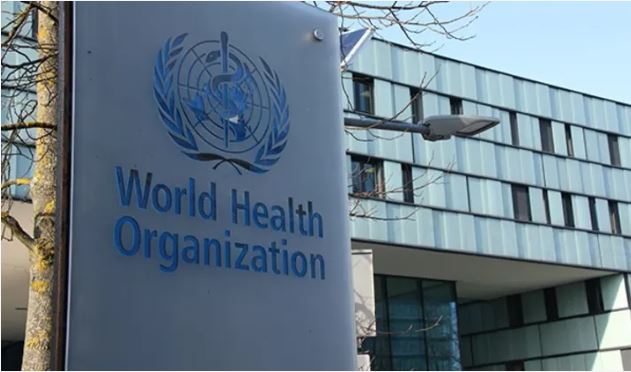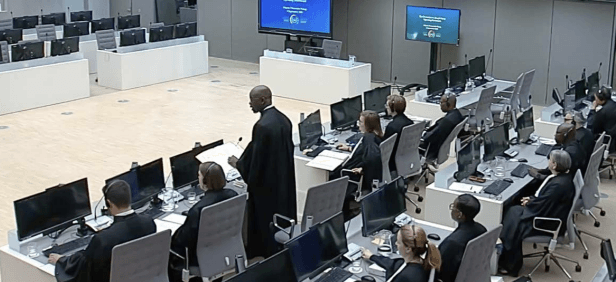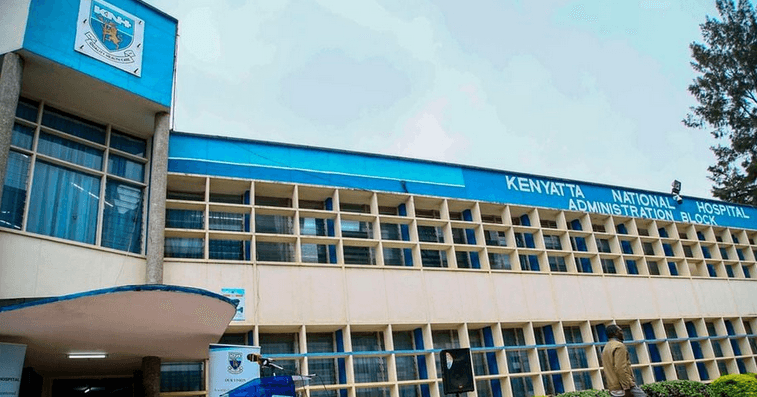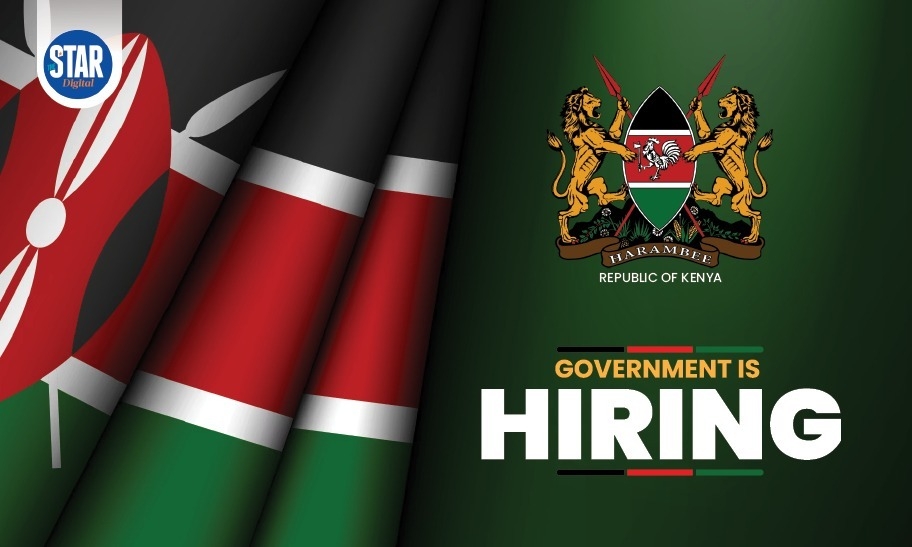
A few moments after assuming office, US President Donald Trump signed an Executive Order to begin the process of withdrawing US from the World Health Organization (WHO).
This marked the second time he had made such an attempt.
In 2020, at the height of the Covid-19 pandemic, Trump initiated the process citing the mishandling of the pandemic that arose out of Wuhan, China, and other global health crises.
According to Trump, WHO also allegedly failed to adopt urgently needed reforms, and its inability to demonstrate independence from the inappropriate political influence of WHO member states.
He further cited the "unfairly onerous payments" the US has made to support the organisation.
“The World Health Organisation has taken advantage of us, just like everyone else,” Trump said during the signing. “That stops now.”
Former President Joe Biden, however, reversed the plan upon taking office in January 2021, before the notice period expired.
When it became a WHO member in 1948, the US decided that a withdrawal would be preceded by a one-year notice period and full payment of financial obligations.
About WHO
It is an international body established in 1948 to promote global health, safety and coordinate responses to health crises.
It provides technical assistance to countries, sets international health standards, collects data on global health issues while serving as a forum for scientific or policy discussions related to health.
Headquartered in Geneva, Switzerland, the organisation currently has 194 member states.
It is governed by the World Health Assembly (WHA).
WHA elects and advises an executive board made up of 34 health specialists, selects the WHO's chief administrator, the director-general and sets goals and priorities; and approves the budget and activities.
WHO is funded mainly by contributions from member states both assessed and voluntary- followed by private donors.
Its total approved budget for 2024-25 is $6.83 billion (Sh887 billion).
The US, as a founding member, has over the years played a significant role in its operations, including providing substantial financial support.
It provides about 22 per cent of the organisation’s regular budget.
Its contributions have ranged between $163 million and $816 million annually over the last decade.
Withdrawal process
When a country decides to withdraw from the WHO, the process is not immediate.
According to the WHO’s constitution, any member state wishing to leave must provide a one-year notice.
This notice period allows the country to fulfill its financial obligations and ensures that the withdrawal does not occur abruptly, which could disrupt ongoing health efforts globally.
For the US, this means that even after signaling its intent to leave, it would need to honor its dues for that year.
In addition to the notice, the country must also officially communicate its withdrawal to the UN Secretary-General, after which the WHO must make the necessary arrangements to remove the country from its membership list.
An initial question has, however, been whether the President has the authority to terminate the US international obligations under the WHO Constitution and withdraw the US without further action from Congress.
It should be noted that US joined the organisation through a joint resolution passed by both houses of Congress.
Implications
If the US proceeds with its withdrawal, health experts have raised alarm over several implications that are likely to emerge.
The US being a major contributor to the WHO’s budget means that the organisation’s ability to respond to future health crises, such as pandemics will be weakened.
The move could also strain the US’s relationships with other member states, many of whom rely on the WHO for technical expertise, health advice, and emergency response capabilities.
This withdrawal is likely to impact international surveillance and responsiveness to health threats.
It will also disrupt the collaboration efforts between various US organisations and WHO for research and development and reduce experienced technical and administrative manpower.
Funding towards crucial programmes which include HIV, Tuberculosis and malaria care is likely to be slashed.
















